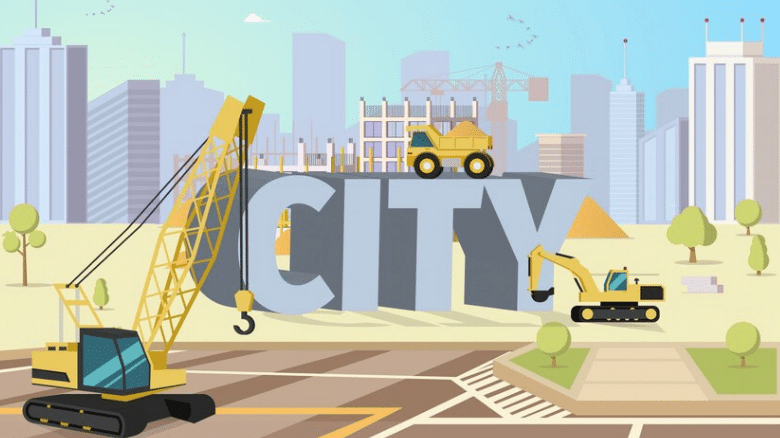Ever wondered what it truly takes to build civil infrastructure that stands the test of time? With the rapid pace of urban development in Hyderabad, ensuring that our constructions remain robust and reliable has never been more crucial. From using advanced materials to incorporating sustainable practices, future-proofing civil infrastructure is both an art and a science. Imagine living or working in a building that not only meets today's standards but is also prepared for the challenges of tomorrow.
Advanced Techniques and Technologies:
The construction sector is undergoing a profound transformation with the advent of advanced techniques and technologies. These innovations play a crucial role in future-proofing civil infrastructure, ensuring that it remains sustainable and resilient against future uncertainties.
1.Smart Construction:
Smart construction integrates cutting-edge technologies like the Internet of Things (IoT), Building Information Modelling (BIM), and artificial intelligence (AI) to enhance building designs and project management. IoT devices can monitor structural integrity in real-time, alerting potential issues before they escalate. BIM allows for the digital representation of physical spaces, facilitating better planning and resource management.
2.Sustainable Materials:
The use of sustainable materials is another cornerstone of future-proof construction. Materials such as bamboo, reclaimed wood, and recycled steel offer durability while reducing environmental impact. Green concrete, incorporating industrial waste products like fly ash, provides an eco-friendly alternative to traditional concrete.
3.Modular Construction:
Modular construction involves assembling buildings from prefabricated sections, making the construction process faster, safer, and more efficient. This method reduces waste and allows for better quality control, as each module is produced in a controlled environment. Modular buildings can be easily updated or expanded, catering to future needs.
Why Sustainability is Non-Negotiable:
Sustainability has evolved from being a fancy buzzword to an essential parameter in construction projects. As natural resources dwindle and environmental concerns rise, integrating sustainable practices is no longer optional. It’s a non-negotiable aspect of future-proofing that not only benefits the environment but also adds value to the construction portfolio.
Implementing energy-efficient systems, such as solar panels and green roofs, significantly reduces the carbon footprint of a building. These systems not only cut down on operational costs but also promote a healthier living environment. Water conservation techniques, like rainwater harvesting and greywater recycling, ensure efficient water use and reduce dependency on municipal water supply.
Moreover, sustainable buildings often enjoy higher market value and better occupancy rates. Investors and occupants alike are inclined towards properties that offer eco-friendly and cost-efficient living or working conditions. Therefore, prioritizing sustainability in your construction project is a prudent choice that pays off in multiple dimensions.
Adapting to Climate Change:
Climate change is undeniably altering the dynamics of civil infrastructure. Extreme weather events, rising sea levels, and temperature fluctuations necessitate the adoption of resilient construction practices. Future-proofing infrastructure involves designing buildings that can withstand these changing climatic conditions.
One effective strategy is to integrate climate-resilient materials and designs. Flood-resistant foundations, wind-proof structures, and heat-resistant materials are becoming increasingly important. Urban planning must also include green spaces that can absorb rainwater, reducing the risk of flooding.
Using predictive analytics to forecast climatic patterns can be immensely beneficial. Contractors can then design and construct buildings equipped to handle anticipated weather changes. For example, incorporating natural ventilation and cooling systems can mitigate the effects of rising temperatures without relying heavily on air conditioning.
Conclusion:
In summary, future-proofing civil infrastructure is a multifaceted task that blends technological advancements, sustainable practices, and forward-thinking designs. Choosing the right contractor who understands the intricacies of these elements is crucial for the success of your project in Hyderabad. Advanced techniques and sustainable practices not only enhance durability and resilience but also add substantial value and appeal to your construction endeavors. Build on infra using civil contractors in Hyderabad for top-quality projects. Ensure superior craftsmanship, innovative designs, and reliable infrastructure
Remember, constructing the future isn’t just about what stands today; it’s about ensuring it stands strong tomorrow.

